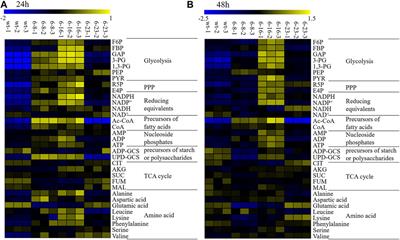EDITORIAL
Published on 02 Nov 2022
Editorial: Algal biomass and biofuels
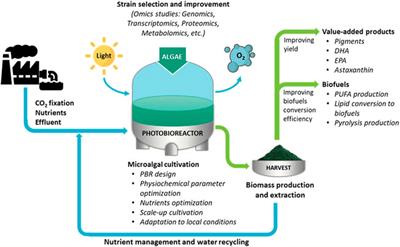
doi 10.3389/fbioe.2022.1008760
- 1,012 views
9,098
Total downloads
46k
Total views and downloads
You will be redirected to our submission process.
EDITORIAL
Published on 02 Nov 2022

ORIGINAL RESEARCH
Published on 18 Aug 2022
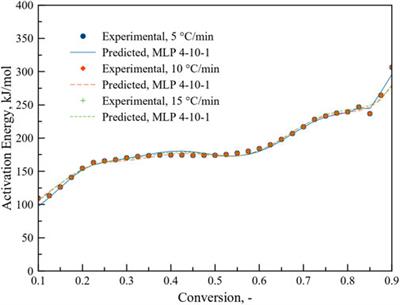
ORIGINAL RESEARCH
Published on 11 Aug 2022

ORIGINAL RESEARCH
Published on 09 Jun 2022
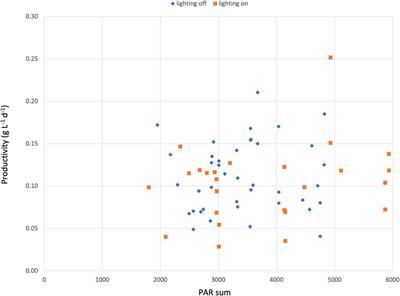
ORIGINAL RESEARCH
Published on 12 May 2022
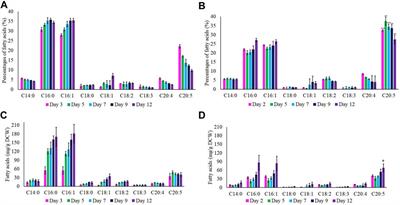
ORIGINAL RESEARCH
Published on 25 Mar 2022
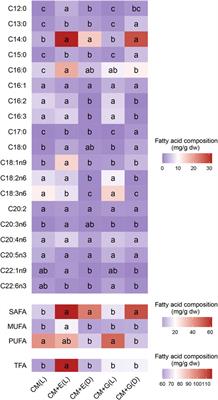
REVIEW
Published on 23 Mar 2022
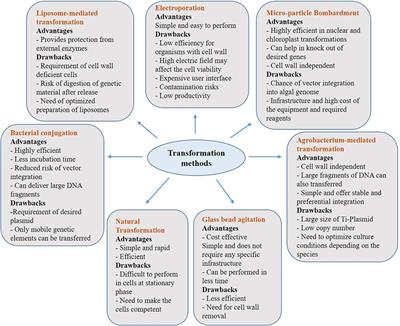
ORIGINAL RESEARCH
Published on 17 Mar 2022
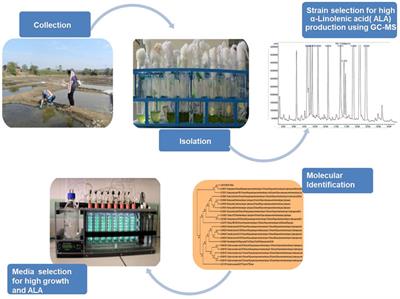
ORIGINAL RESEARCH
Published on 24 Feb 2022
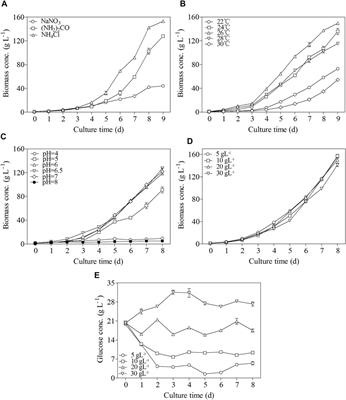
ORIGINAL RESEARCH
Published on 10 Feb 2022
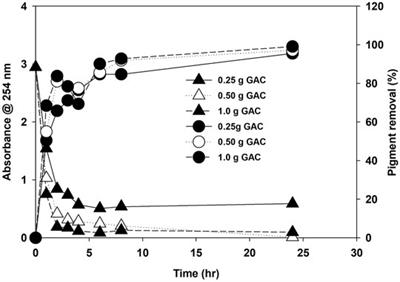
ORIGINAL RESEARCH
Published on 18 Nov 2021
